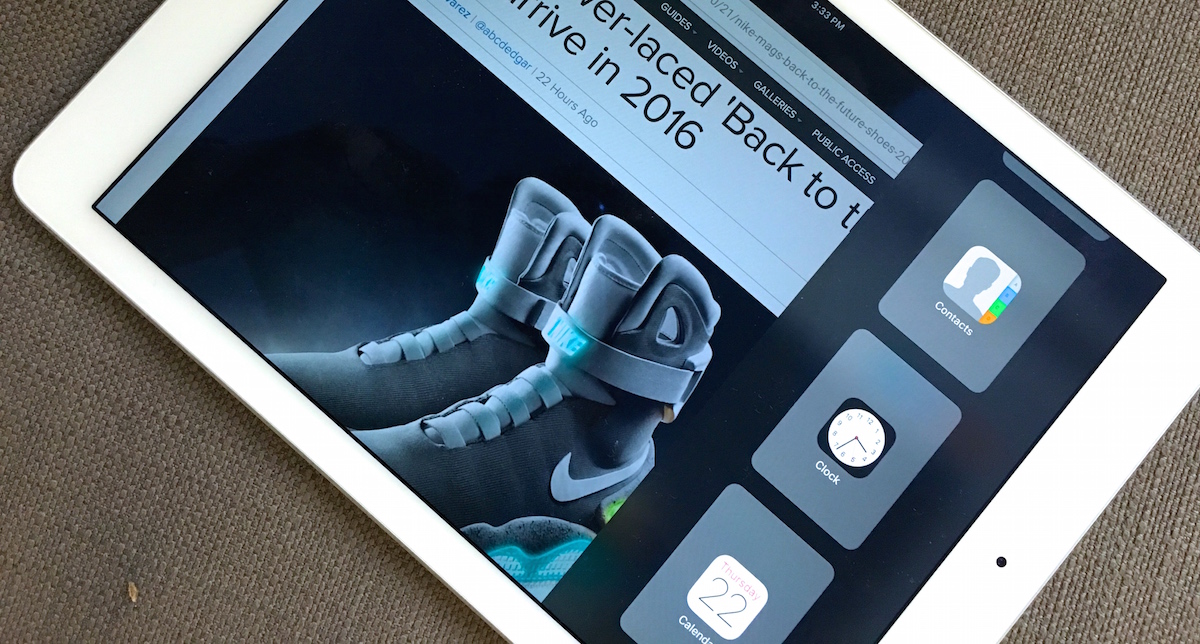
There you were, using that old and busted version of Google Chrome on your Windows or Linux-based PC, iOS or Android device, when Google decided to hook you up with an update, thus validating your previous assertion about Chrome's old and busted-ness. "Hot dog!" you thought, "The Googleplex wants to give me more free stuff!" But what free stuff will you get? Chrome on iOS is moving to the big two five, adding long-press to the back button for exploring your recent history and a handful of other tweaks; its Android cousin is optimizing scrolling for your super fast fingas fingers. On the full computer side of things, both Windows and Linux are getting 25.0.1364.152, which adds the less thrilling "security and stability improvements along with a number of bug fixes." Now that you've got that new hotness, you're feeling pretty good, right? The future! We're in it!
Filed under: Cellphones, Desktops, Handhelds, Laptops, Tablets, Software, Mobile, Google
Comments
Source: Google (1), Google (2), Google (3)
 Whether it be on the desktop or mobile, Chrome's beta browser is a handy way to preview features before they hit the mainstream crowd. In the most recent release for Android, there's now the ability for sites to send presentations to Chromecast devic...
Whether it be on the desktop or mobile, Chrome's beta browser is a handy way to preview features before they hit the mainstream crowd. In the most recent release for Android, there's now the ability for sites to send presentations to Chromecast devic...
 Whether it be on the desktop or mobile, Chrome's beta browser is a handy way to preview features before they hit the mainstream crowd. In the most recent release for Android, there's now the ability for sites to send presentations to Chromecast devic...
Whether it be on the desktop or mobile, Chrome's beta browser is a handy way to preview features before they hit the mainstream crowd. In the most recent release for Android, there's now the ability for sites to send presentations to Chromecast devic...
 It seems like Google is looking to do a little spring cleaning. In an announcement on the official Google Chrome blog, the company noted that it will no longer support browsers on Windows XP, Vista and Mac OS X 10.6, 10.7 and 10.8 devices. Google h...
It seems like Google is looking to do a little spring cleaning. In an announcement on the official Google Chrome blog, the company noted that it will no longer support browsers on Windows XP, Vista and Mac OS X 10.6, 10.7 and 10.8 devices. Google h...
 With iOS 9, Apple introduced a handful of new multitasking features for the iPad, like the ability to run two apps side by side. Now Google's Chrome browser is ready to take advantage of these, thanks to an refreshed version of its universal iOS ap...
With iOS 9, Apple introduced a handful of new multitasking features for the iPad, like the ability to run two apps side by side. Now Google's Chrome browser is ready to take advantage of these, thanks to an refreshed version of its universal iOS ap...





